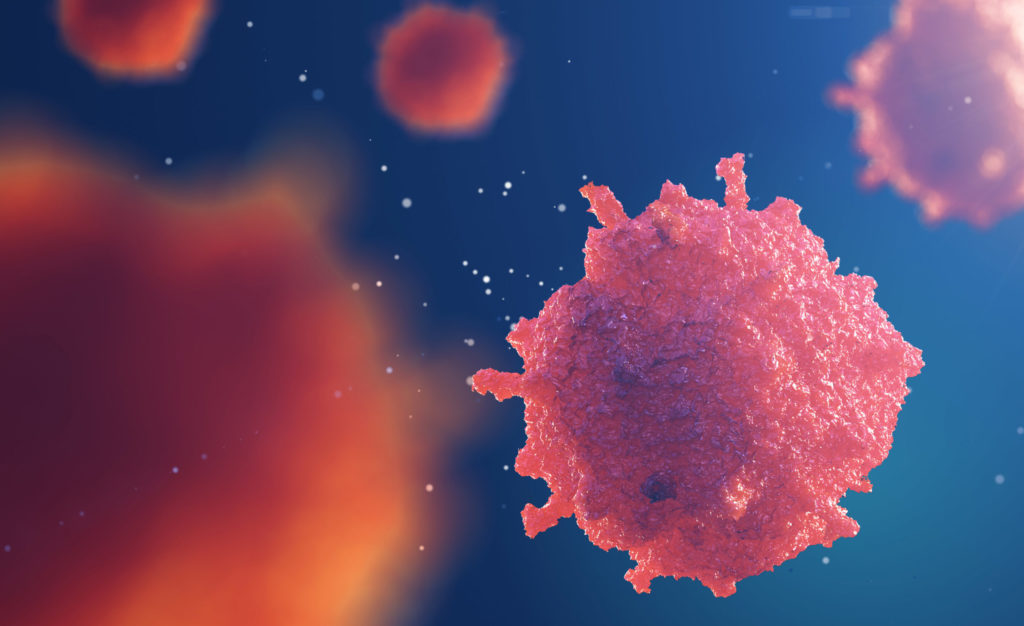A new virus causing pneumonia, first identified in China, has now been identified in patients in the United States who have traveled from Wuhan, China. Little is still known about the transmissibility, severity, and other features associated with this new Coronavirus. Here is what we do know:
What is a Coronavirus?
Coronaviruses are a large family of viruses, some causing illness in people and others that circulate among animals. Rarely, animal coronaviruses can evolve and infect people and then spread between people. In people, coronaviruses cause respiratory symptoms ranging from the common cold to pneumonia. The current Novel Coronavirus of concern is a newly identified strain, not previously seen in humans.
How is the Coronavirus spread?
First thought to have traveled to people from infected animals from a Chinese food market, indications are now that person-to-person spread is occurring. Chinese officials say they can be spread by coughing, kissing, or making contact with saliva.1
What are the symptoms?
According to the CDC, patients with the Novel Coronavirus experience the following symptoms, including fever, cough, and shortness of breath 2-14 days after exposure to the virus.2
Despite sharing some symptoms that were similar to SARS, there “are some important differences,” such as the absence of upper respiratory tract symptoms like runny nose, sneezing and sore throat and intestinal symptoms like diarrhea, which affected 20% to 25% of SARS patients.3
How bad is this outbreak compared to other viruses?
Right now, the fatality rate for this Wuhan Coronavirus is a little under 3%.1 That means that just under 3% of people who become infected with the new coronavirus have died. Here’s some statistics to compare this to other outbreaks and to pneumonia in general:
- According to the CDC, in 2017, 1.7 million patients were diagnosed with pneumonia through the emergency room.2 That same year, just under 50,000 people died from pneumonia. Assuming a percentage of cases were also diagnosed in doctors’ offices outside of the hospital, that gives pneumonia, in general, a likely mortality rate of 2.5%-2.8%, or about the same as the Novel Coronavirus.2
- Most people who die from pneumonia are the elderly, the very young and/or suffer from other chronic diseases. Average, healthy people are at little risk, even if they catch the virus.2
- Individual types of pneumonia vary widely in their severity. Most viral pneumonia has an extremely low fatality rate. Bacterial pneumonia and the Bird Flu (H1N1 Influenza) have higher fatality rates.2
How can I protect myself from being infected?
The best way to prevent infection is to avoid being exposed to this virus. Everyday preventive actions to help prevent the spread of respiratory viruses include:
- Wash your hands often with soap and water for at least 20 seconds. If soap and water are not available, use an alcohol-based hand sanitizer.
- Avoid touching your eyes, nose, and mouth with unwashed hands.
- Avoid close contact with people who are sick.
- Clean and disinfect frequently touched objects and surfaces.
What can I do if you believe you have contracted the Coronavirus?
There is no specific antiviral treatment recommended for the Novel Coronavirus. Infected people should receive supportive care to help relieve symptoms. People who think they may have been exposed through contact with the Novel Coronavirus should contact their healthcare provider immediately. Wellfleet student members, can contact their student health care centers or visit their school’s page on WellfleetStudent.com to find a provider.
1What We Know About the Wuhan Coronavirus, The Wall Street Journal, 2020.
2Novel Coronavirus, Wuhan, China, Centers for Disease Control and Prevention, 2020.
3 New coronavirus from China: Everything you need to know, Live Science, 2020.


